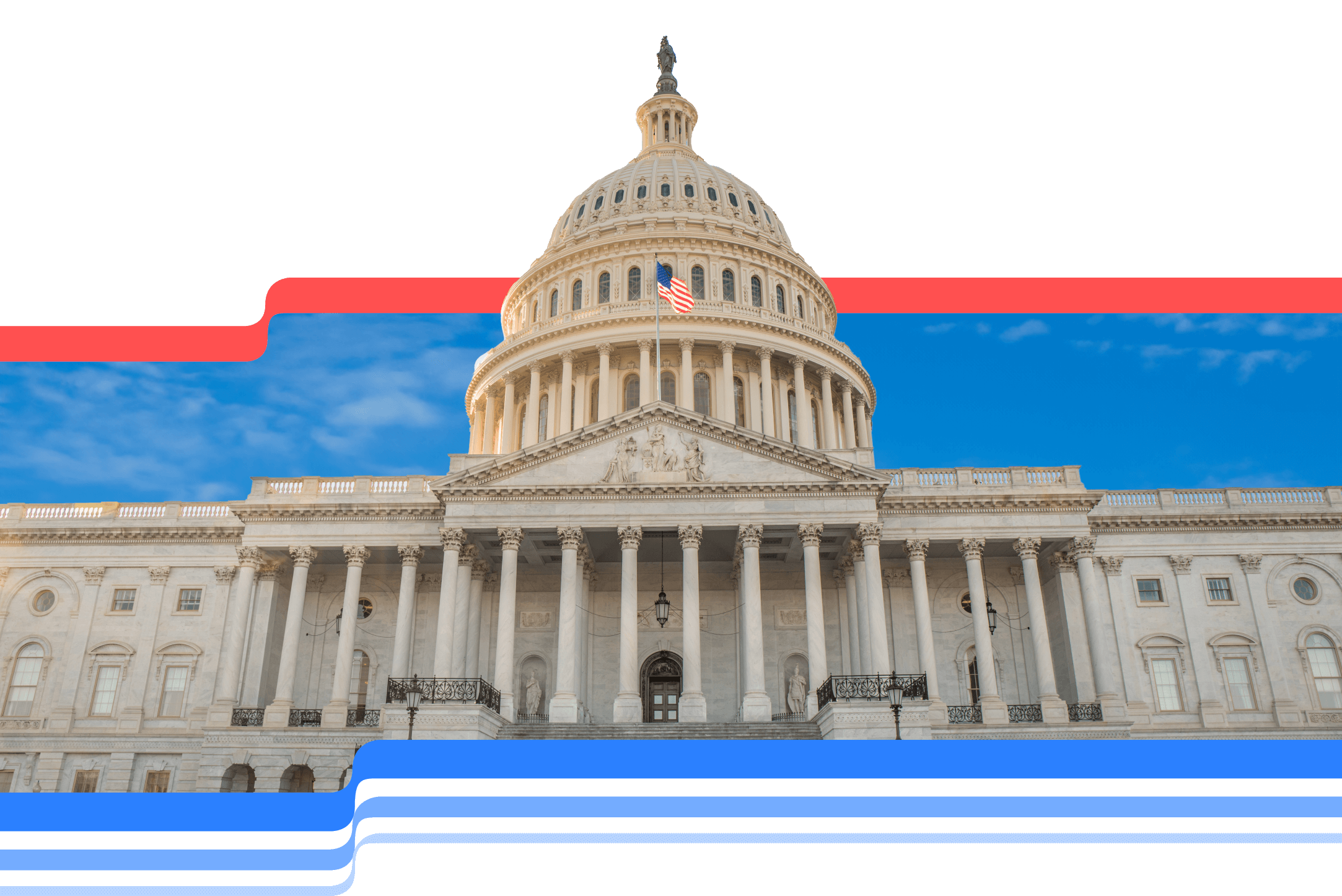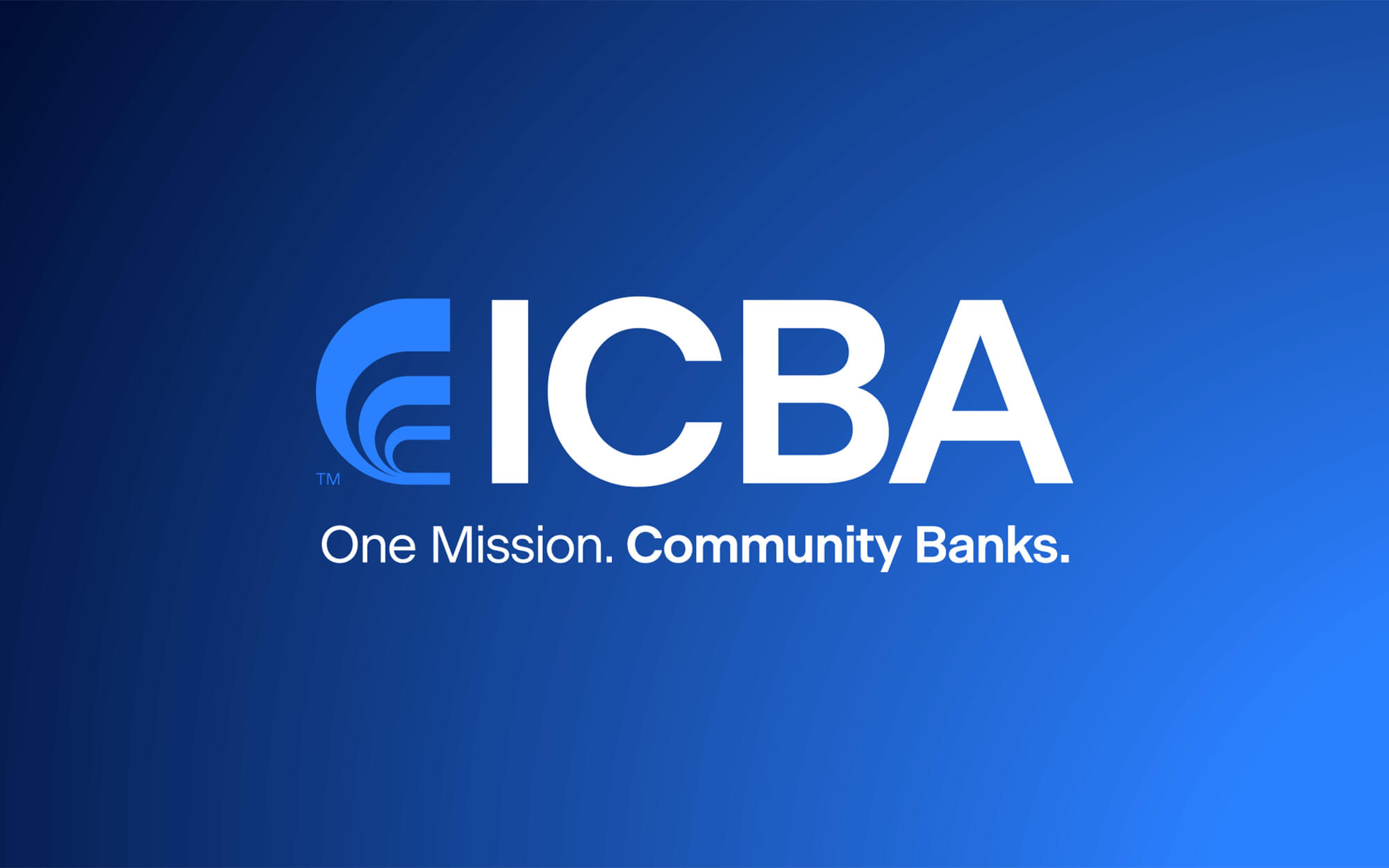
Assessments on community banks would increase by as much as 50 percent or more
Washington, D.C. (Aug. 19, 2022) — The Independent Community Bankers of America (ICBA) today called on the FDIC to reconsider its proposal to dramatically increase the rates banks pay to fund the nation’s deposit insurance system, which would disproportionately affect community banks.
The FDIC’s proposed increases to bank assessment rates during a period of high inflation and economic uncertainty is contrary to Congress’ intent that the FDIC avoid procyclical increases to deposit insurance assessments, ICBA said. By charging community banks — which lead the nation in small-business and agricultural loans — more to hold deposits, the FDIC’s proposal unnecessarily restricts community bank lending where it is needed most — in local communities.
"ICBA and the nation’s community bankers are deeply concerned that the FDIC’s proposal to dramatically raise rates on the assessments banks pay to fund deposit insurance will disproportionately impact community banks in a stark departure from the agency’s past assessment practices,” ICBA President and CEO Rebeca Romero Rainey said today. “Rather than penalize the community banks that have led the nation’s financial services response to the pandemic, the FDIC should ensure its plan properly recognizes that community banks should not be subject to the same assessments levied against the nation’s largest and most complex banks.”
Interested in discussing this and other topics? Network with and learn from your peers with the app designed for community bankers. Join the conversation with ICBA Community.
ICBA Comments: In today’s comment letter, ICBA said:
- The FDIC’s proposal would raise deposit insurance assessments by as much as 50 percent or more for many community banks, harming access to community bank lending in local communities.
- Any assessment increase should focus on the large and complex institutions that pose the greatest risk to the Deposit Insurance Fund. The FDIC should require too-big-to-fail institutions to pay a systemic risk premium to the DIF instead of raising rates on local institutions.
- The DIF balance is higher now than it was before the pandemic, and its reserve ratio has declined only due to the economic stimulus measures enacted in response to the pandemic. The FDIC should not force community banks to pay for elevated deposits caused by COVID-19 relief measures when the DIF is not undercapitalized and when well capitalized community banks pose no imminent risk to the DIF.
Background: Due to federal economic stimulus measures, deposit growth is outpacing DIF growth, causing the DIF reserve ratio to decline below the required 1.35 percent minimum. While the FDIC’s proposed 2-basis-point increase is designed to improve the likelihood that the DIF reserve ratio reaches the statutory minimum of 1.35% by the September 2028 deadline set forth under the current restoration plan, the rate increase would begin in 2023 and remain in effect until the reserve ratio reaches 2% — well beyond the statutory requirement.
About ICBA
The Independent Community Bankers of America® creates and promotes an environment where community banks flourish. ICBA is dedicated exclusively to representing the interests of the community banking industry and its membership through effective advocacy, best-in-class education, and high-quality products and services.
With nearly 50,000 locations nationwide, community banks constitute roughly 99 percent of all banks, employ nearly 700,000 Americans and are the only physical banking presence in one in three U.S. counties. Holding nearly $5.9 trillion in assets, over $4.9 trillion in deposits, and more than $3.5 trillion in loans to consumers, small businesses and the agricultural community, community banks channel local deposits into the Main Streets and neighborhoods they serve, spurring job creation, fostering innovation and fueling their customers’ dreams in communities throughout America. For more information, visit ICBA’s website at www.icba.org.
###






